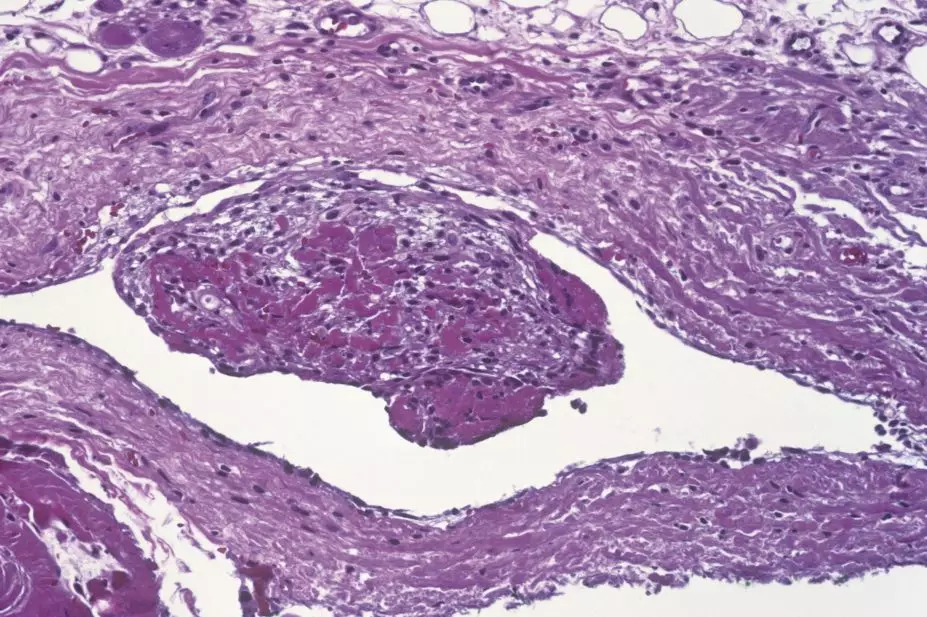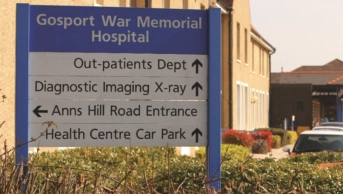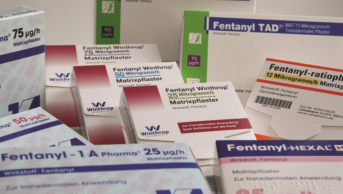
Dr Gladden Willis / Visuals Unlimited, Inc / Science Photo Library
Some non-steroidal anti-inflammatory drugs (NSAIDs) increase the risk of arterial thrombosis. New findings from a systematic review and meta-analysis suggest that NSAIDs also increase the risk of venous thrombosis.
The study, published in Rheumatology (online, 24 September 2014), included five case–control studies and one cohort study with a total of 21,401 venous thromboembolic events (VTEs). The pooled risk ratio of VTE was 1.8 (95% confidence interval 1.28-2.52) for users of any NSAID and 1.99 (95% CI 1.44-2.75) among users of selective COX-2 inhibitors, versus non-users[1]
.
The study authors, led by Patompong Ungprasert from Columbia University, New York, note that this is the first meta-analysis to investigate the association between NSAIDs and VTE. “NSAIDs should be prescribed with caution, especially in patients at high baseline risk of VTE,” they warn.


